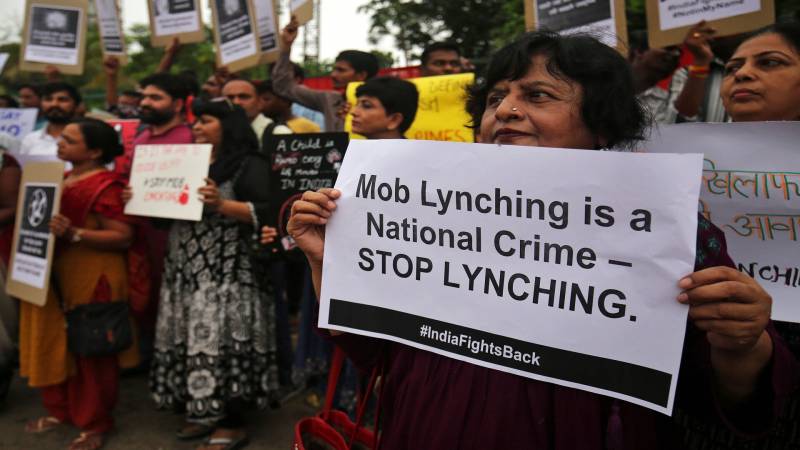States drag their feet over SC guidelines to check lynchings and hate crimes
By Dheeshma
Hyderabad: It has been more than a year since the Supreme Court issued guidelines for all states to curb lynchings. Of the 28 states in the country, only Manipur, Rajasthan and West Bengal have given the legislative backing to the guidelines issued by the apex court.
Here's how the law aims to curb hate crimes in the country
Nodal Officer in each district
As per SC norms, all state governments should designate a senior police officer, not below the rank of superintendent of police, as Nodal Officer in each district.
To control the creation of a hostile environment against any caste or community, whose members are at the risk of being targeted by violent mobs, the Nodal Officer must identify and take steps to prohibit the dissemination of offensive material through social media.
It is also the responsibility of the Nodal officer to ensure that there is no harassment of a lynching victim's family.
Special task force
A special task force has to be constituted to gather intelligence about people who are likely to commit hate crimes or who are involved in spreading fake news, hate speeches and provocative statements.
All states should identify districts, sub-divisions and villages that have seen lynching and mob violence in the last five years.
Involving the media
The Centre and state governments should offer wide publicity in the media that mob violence and lynching of any kind will invite serious consequences under the law. Radio, television and other media platforms, including the official websites of the home department and police of respective states, must be used for this purpose.
Compensation
Every state has to prepare a 'lynching victim compensation scheme' within one month from the date of the SC's order dated July 17, 2018